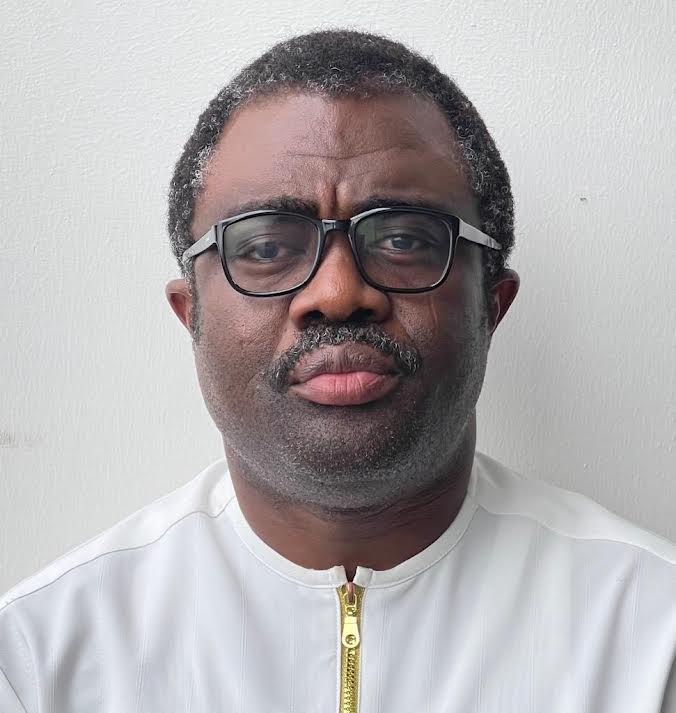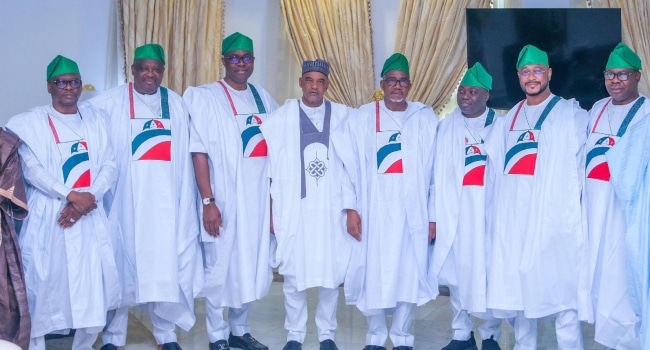ARTICLE AD
The Chief Executive Officer of Gennex Technologies, Mr Patrick Ilo, has said that Nigeria’s energy landscape appears increasingly conducive to solar energy growth, as Nigerians are faced with escalating petrol and diesel costs, along with persistent power supply disruptions and frequent grid failures.
Ilo said this at the Gennex Colloquium, with the theme, ‘Steering the Renewable Energy Future: Innovation, Sustainability, and Inclusive Growth—Focusing on the Transformative Role of AI-Driven Innovations in Shaping the Renewable Energy Landscape,’ held recently in Lagos.
He emphasised that these ongoing challenges underscore the urgent need for alternative energy sources, positioning solar energy as a viable, sustainable solution for both immediate and long-term energy needs across the country.
Ilo urged Nigerians to adopt solar energy amid rising fuel costs and unreliable electricity, calling it the most affordable alternative. However, he noted that limited financing remains a significant barrier to renewable energy expansion.
He explained that while the government is stretched thin, private-sector partnerships are essential to bridge this funding gap and drive sustainable energy solutions.
He proposed that banks invest part of their funds in renewable energy with flexible repayment terms, noting existing government policies that encourage sector investment.
In his keynote address, the Commissioner, Lagos State Ministry of Energy and Mineral Resources, Biodun Ogunleye, highlighted how important AI-driven innovations are transforming the renewable energy landscape to promote inclusive growth within this rapidly evolving sector.
Ogunleye stated, “Artificial Intelligence is revolutionizing renewable energy by enhancing the efficiency, scalability, and sustainability of clean energy systems.
“By analysing vast amounts of data in real-time, AI improves energy forecasts and optimises grid management, enabling solar and wind farms to predict weather patterns and adjust their output to meet immediate energy needs.”
Ogunleye stressed the need for inclusive growth in renewable energy, emphasizing that the benefits of AI-driven innovation must reach all sectors of society. He advocated for developing policies that ensure equitable access to clean energy, particularly by investing in infrastructure for rural and underserved communities.
He also highlighted the importance of fostering skills and workforce development to empower local communities to participate in the renewable energy economy. Supporting women and marginalized groups in leadership roles within the sector is crucial.

 3 weeks ago
13
3 weeks ago
13 

